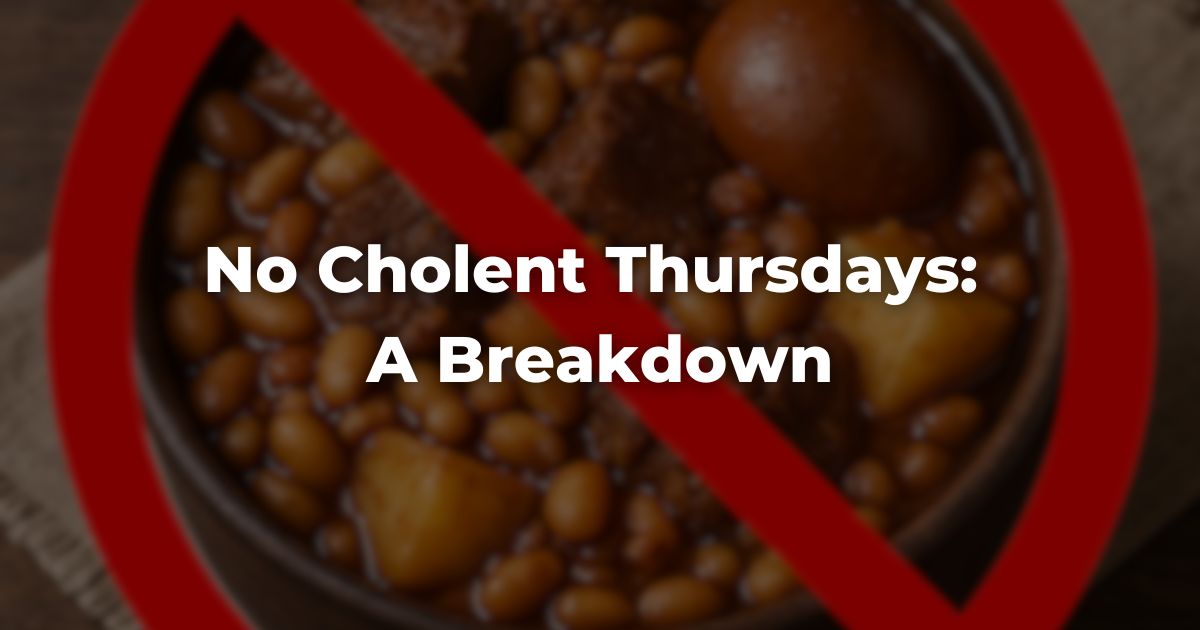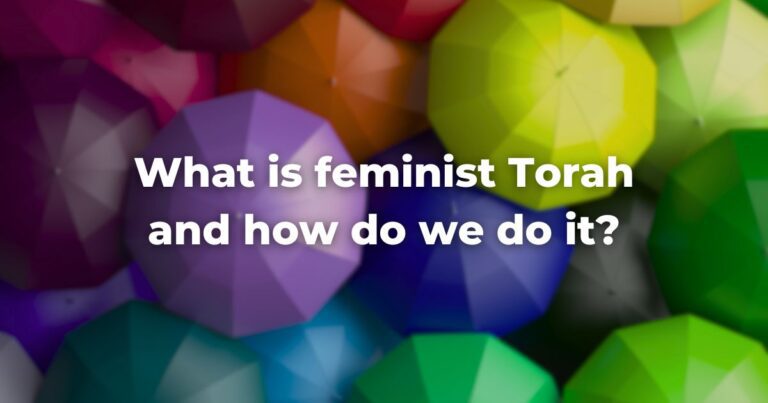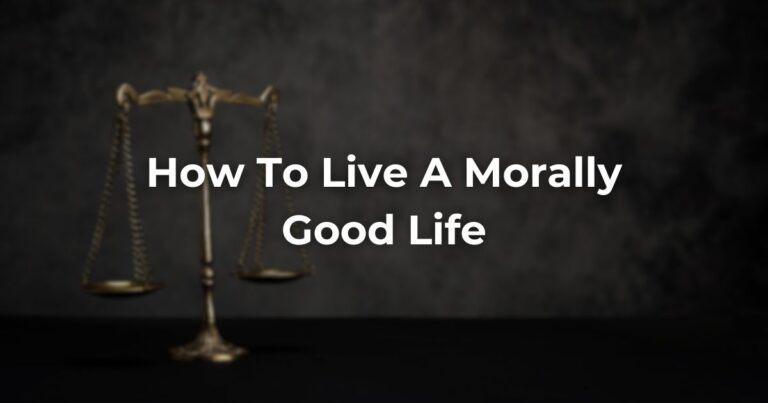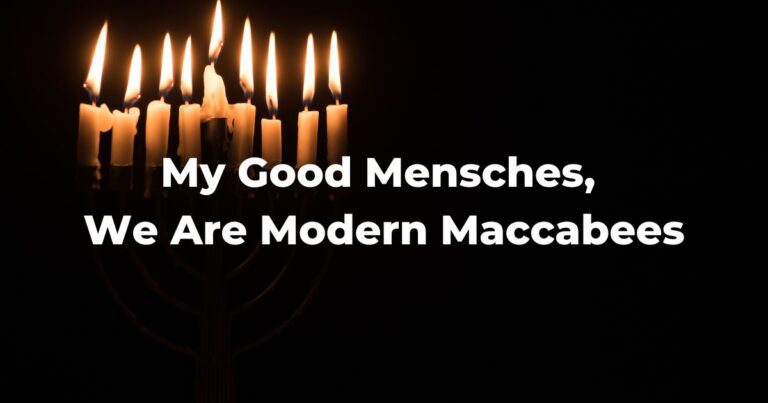Jews are no strangers to food taboos and restrictions. The TorahRefers to the first five books of the Hebrew Bible, the Tanakh, also called the Five Books of Moses, Pentateuch or the Hebrew equivalent, Humash. This is also called the Written Torah. The term may also refer to teachings that expound on Jewish tradition. Read more has food prohibitions, and in subsequent generations, the rabbis added some fences to keep us out of trouble. We are to avoid certain mixtures and species that don’t align with what the Torah considers kosher, fitting for Jews to eat.
We even have time-bound food restrictions. During Passover, we avoid hametz, the leavened form of five grains. Beginning this Saturday night, some people avoid the restrictions of the Nine Days leading up to the Fast of Tisha B’Av by refraining from eating meat, poultry, and grape products such as wine or juice.
Notwithstanding our modern diet, when meat and wine are regularly consumed, rabbinic tradition deems wine and meat to be foods eaten at times of joy and connected with the Temple service, which is mourned on the Ninth of Av.
But what about Cholent? (Holy non-sequitur Batman!) Is there ever a reason to avoid cholent, or hammin, the slow-cooked stew eaten on Shabbat? (Check out this article for a bit more flavor on the history and meaning of this stew.)
In July of this year, a controversy boiled up in Israel when a prominent ultra-orthodox rabbi forbade the consumption of cholent on Thursday nights. I saw the issue mentioned on social media, and a colleague suggested, as a joke, that I write about it for Exploring Judaism.
I didn’t think it was funny. While our first reaction may be to scoff, I think there is much to examine and understand in this seeming overreach of rabbinic authority. I will enumerate the issues and try to give some flavor to those of us who live outside the ultra-orthodox world.
The Cholent Party
There’s a custom in some yeshivot of having a late night of learning on Thursdays. It’s called mishmar, roughly translated as, ‘on guard’ or ‘being diligent.’ A little extra nosh often accompanies this extra-late learning period. And, in some places, cholent. It’s a pre-shabbat treat. What Rabbi Zilberstein was speaking out against was a new phenomenon, cholent parties without the learning!
What was once a reward for extra study time has become a social event with little redeeming value, in his opinion. This reaction is foreign to many of us. What’s so wrong about having a little party and hanging out with friends?
In communities where Torah learning is emphasized above all other values, such a gathering may be considered bittul torah, a waste of time that could be spent learning. People in these communities certainly spend time hanging out and being social, but formalizing it into an event on a weekly basis makes this rabbi uncomfortable. This only became clear after he was attacked for banning cholent.
The Basis of the Ban
Rabbi Zilberstein’s original reaction was built around a complex halakhic, Jewish legal argument. He noted that sources tell us that there are special foods for Shabbat, and by eating them on weekdays, we remove them from their preciousness and context.
In college, one of my professors argued that hell was dessert for every meal.
But cholent? React strongly and say, “We are talking about a stew! This isn’t champagne and caviar!”
I considered this and realized that across secular cultures, we have similar foods—not just champagne and caviar. Pumpkin Spice and Birthday Cake are the first two that came to mind. Some people eagerly anticipate the Pumpkin Spice Season. And just about everybody, at some point in their lives, was looking forward to the rare treat of Birthday Cake or a special dessert.
Each of us has special foods, contexts, and experiences. We may even think of them as holy. When we take the holy and make it regular, it is literally a profanation.
When everything is holy, nothing is holy.
The Nine Days
While this article is about a strange cholent controversy, it is also worthy of ending with a little Torah about the Nine Days, the mourning period we are about to enter. The TalmudReferring to one of two collections, the Jerusalem and Babylonian Talmuds, edited in the 6th century, that contains hundreds of years of commentary, discussion, and exploration of the ideas in the Mishnah. One could describe it as Mishnah + Gemara = Talmud Read more tells us that the Destruction of the Second Temple came about because of a misunderstanding between two people. In these Nine Days, many have the custom of avoiding arguments and proactively giving people the benefit of the doubt.
While not all customs of the Nine Days are universally observed, looking at the positives in the actions and words of others is something we can each do. In the case of the Cholent Controversy, we may not agree with Rabbi Zilberstein, and it’s easy to jump on this as preposterous.
But given a second chance, a closer look, and the benefit of the doubt, we can see that the rabbi is concerned about his students, their time, and ultimately wants them to enjoy Shabbat to its fullest with food and friends that are precious.
Author
-
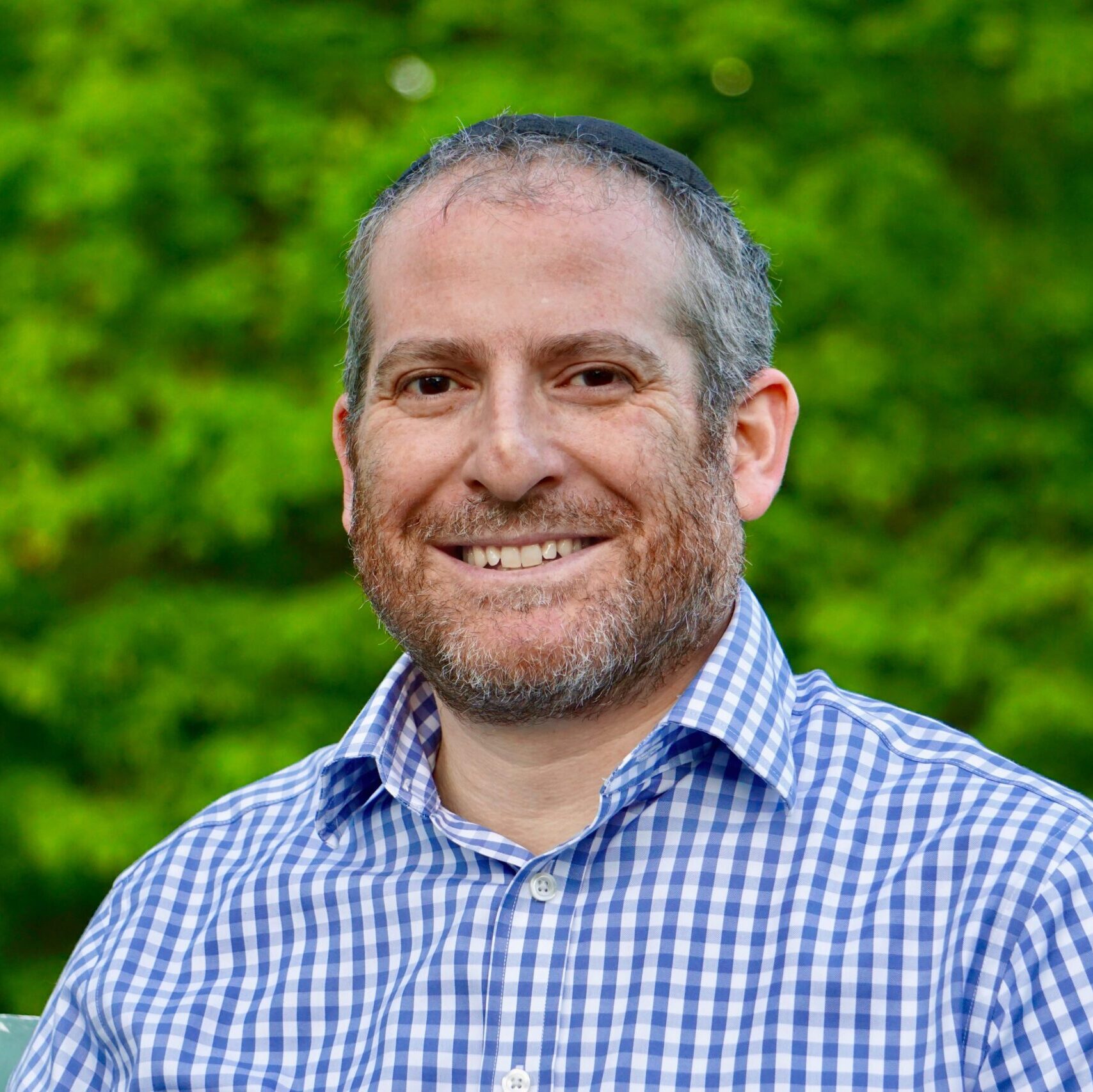
Rabbi Mordechai Rackover serves as Editor in Chief of Exploring Judaism and Director of Publications and Digital Engagement at The Rabbinical Assembly. He has a background in education, campus work, and the pulpit. Mordechai studied for nearly a decade in a number of Yeshivot in Israel and has a BA in Jewish Studies from McGill University and an MA in Jewish Communal Leadership from Brandeis University. When not working he can be found reading or cooking and occasionally catering. Check out his Instagram for mouthwatering shots.
View all posts


